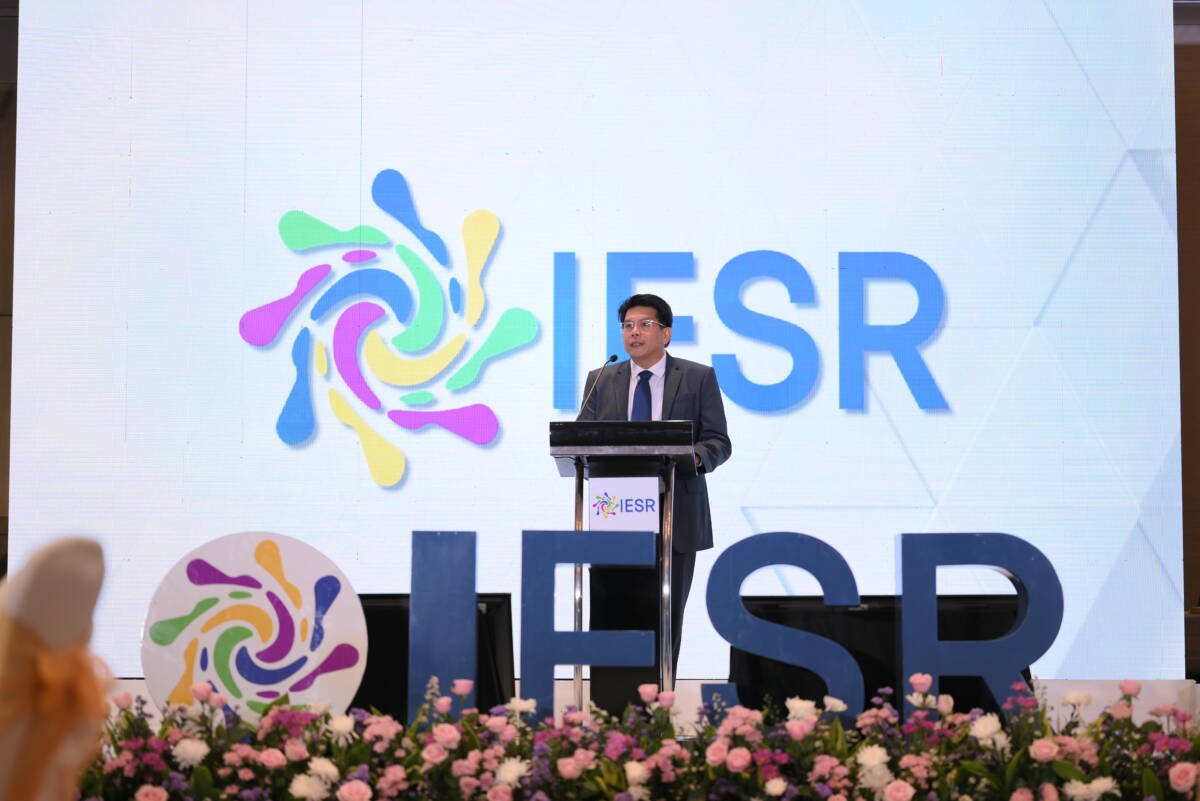Jakarta, October 17, 2024 – Ahead of the announcement and inauguration of the new cabinet for 2024-2029, a number of names are predicted to fill various strategic positions in the cabinet. The appointment of this personnel is crucial because it will determine various national strategic agendas for at least the next five years.
The development of Indonesia’s energy transition will also depend heavily on the figure of the new Minister of Energy and Mineral Resources (MEMR). Indonesia’s energy transition agenda itself has not made smooth progress. This is reflected in one of the indicators, namely the failure to achieve the renewable energy mix target or the renewable energy investment target each year.
Fabby Tumiwa, Executive Director of the Institute for Essential Services Reform (IESR) in the RRI Pro 3 radio dialogue program “Indonesia Menyapa Siang”, Thursday, October 17, 2024 stated that the new Minister of Energy and Mineral Resources must be a figure who understands problems in the energy and mineral sector so that he/she is able to understand the problems, challenges, and opportunities in the energy and mining sectors.
“The (energy) sector is a fairly complex sector and oversees areas that deal with all aspects of energy provision, from fossil energy, renewable (energy), to mineral provision. Therefore, the new minister must be able to become a conductor who directs the Ministry in the next five years,” he said.
Fabby also highlighted the homework that awaits the coming Minister which will be the ground basis for various developments in energy policies in the future, namely, first, ensuring that the energy transition can be implemented. In President Jokowi’s administration, Indonesia has set a net-zero emission target by 2060 or sooner, the new minister must ensure that there is a clear roadmap for achieving this target and that the plans that have been determined are implemented. Because the energy transition must run progressively and gradually.
Second, improving the investment climate in the energy sector, especially renewable energy. During Jokowi’s presidential period, the renewable energy investment target has always missed the target. The economic growth target of the elected president, Prabowo Subianto, which reaches 8 percent requires massive energy and to support the added value of products and reduce emissions, the energy must be based on renewable energy.
Third, improving governance in the energy and mineral and coal sectors, by improving the quality of regulations, policies, and laws that are often delayed in their discussion periods, such as the Oil and Gas Law, the NRE Bill.
In the short term (one year), the Minister of Energy and Mineral Resources needs to carry out several policy reforms, namely, first, energy subsidy reforms including fuel, LPG, and electricity. This means looking at the pricing policy currently in Indonesia. Second, reforming the electricity sector, and ensuring that energy access is equal and affordable for all groups. In addition to access to quality and reliable electricity for all groups, access to clean cooking fuel must also be on the government’s agenda.

